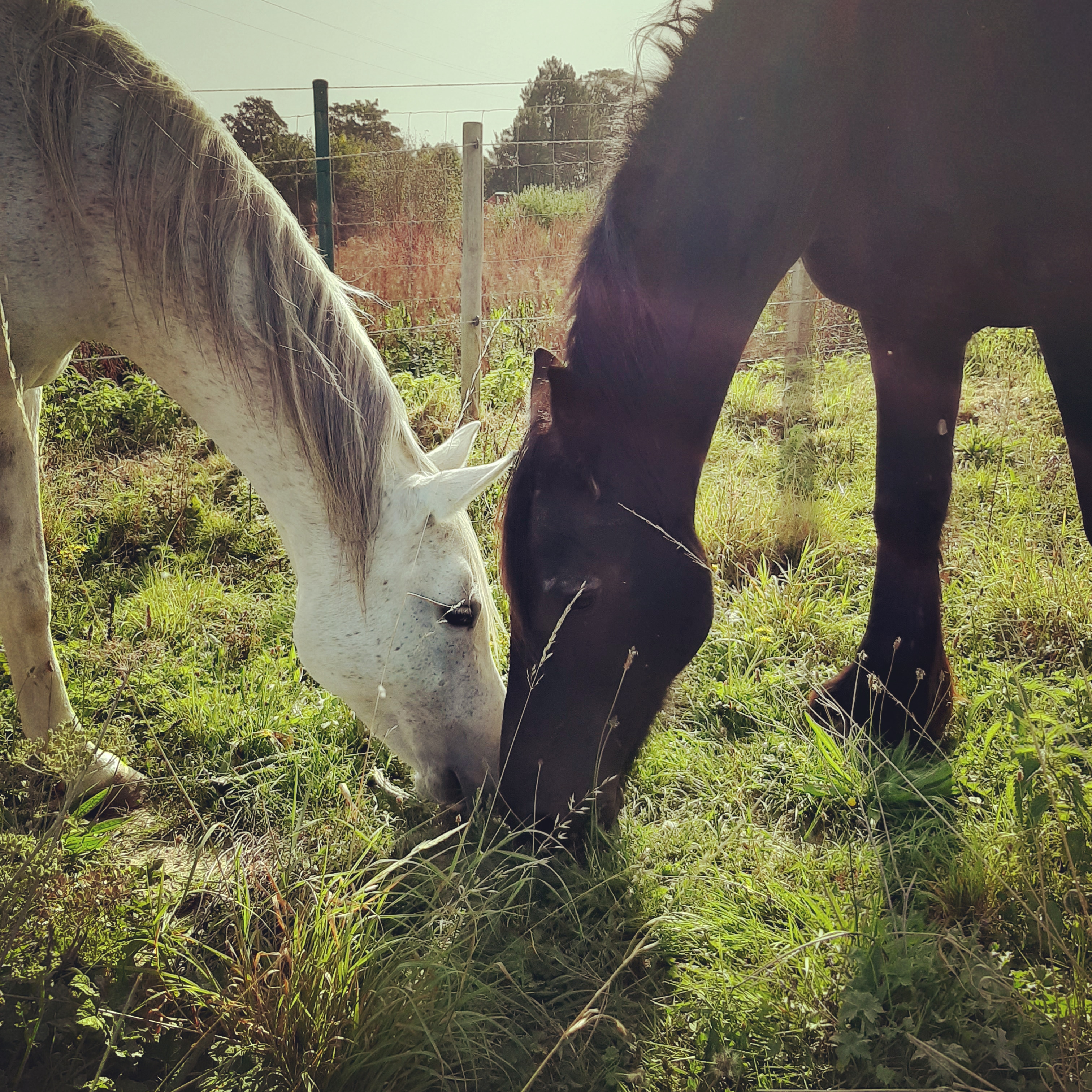Equine Facilitated Learning or Equine Assisted Learning?
- laviadelcavallo

- Feb 26, 2023
- 3 min read
Updated: Apr 2, 2023
Equine facilitated learning (EFL) and equine assisted learning (EAL) are both terms used to describe therapeutic interventions that involve horses, but there is a subtle difference between the two, despite the fact that often they are employed in the same way.
Equine facilitated learning (EFL) generally refers to an approach that emphasizes experiential learning and personal growth through interactions with horses. The focus is on the process of learning, rather than achieving specific goals.
Participants engage in activities that require them to communicate, problem-solve, and build trust with the horse, which can help them develop important life skills such as leadership, empathy, and emotional regulation.
Equine assisted learning (EAL), on the other hand, typically has more specific learning objectives and is often used in educational or therapeutic settings. The focus is on using horses as a tool to help individuals achieve a particular goal, such as improving communication skills, developing teamwork, or managing anxiety. The activities are designed to be educational and often involve structured lessons and specific learning outcomes.
EAL is often used in conjunction with other therapeutic approaches, such as cognitive-behavioural therapy, mindfulness, and experiential learning, to provide a holistic and integrative approach to personal growth and healing.
In summary, EFL is more focused on personal growth and experiential learning, while EAL is more goal-oriented and used in educational or therapeutic settings with structured lessons and specific learning outcomes. At With My Horses we strongly believe in "partnering" with the horses: they are never "tools" in the sessions we facilitate: because we trust them and they trust us and this bond is essential for the success of the sessions and for the physical and mental well being of all involved, participants included.
What we do at "With My Horses" is a type of coaching or personal development program that involves working with the help of the horses as a way to promote emotional growth, self-awareness, and learning. The goal is to help individuals develop personal and social skills, such as communication, trust, leadership, problem-solving, and teamwork, through interactions with horses. The sessions may involve activities such as grooming, feeding, leading, riding, or simply observing the horses' behaviour and responses to different situations.
The philosophy behind With My Horses is that horses are sensitive and intuitive animals that in full respect and due acknoledgement of their nature and needs, can provide valuable feedback to humans about their emotions, attitudes, and behaviours. By working with horses, individuals can learn to recognize and regulate their emotions, improve their nonverbal communication skills, and develop a sense of trust and empathy towards others.
Horses speak so much to the human soul because they have been a part of human culture and history for thousands of years, serving as powerful symbols of strength, freedom, and grace. Their physical beauty and majesty, combined with their gentle and intuitive nature, make them highly compelling and deeply inspirational animals.
Additionally, horses have the ability to sense and respond to the emotions and intentions of those around them, making them highly effective teachers and healers in equine facilitated and assisted learning programs. By working with horses, huma
ns can tap into a deeper level of awareness and develop new insights about themselves and their relationships with others, leading to personal growth and transformation.
"The horse teaches us not only about ourselves, but also about our place in the world. Through working with these gentle giants, we can learn to be more present, more grounded, and more in tune with our own intuition and the needs of others." - Koelle Simpson

Here below a short list of potential benefits of equine facilitated learning:
Improved communication skills: working with horses requires clear communication and the ability to read nonverbal cues. Participants can therefore learn to communicate more effectively with horses, which can translate to improved communication skills in their personal and professional lives.
Better self-awareness: horses are highly attuned to the emotions and energy of those around them. By working with horses, participants become more aware of their own emotions, body language, and energy, which leads to better self-awareness.
Enhanced problem-solving abilities and flexibility: horses are intelligent and independent animals, and working with them often requires creative problem-solving and adaptability. Participants can thus develop these skills and apply them to other areas of their lives.
Reduced stress and anxiety: spending time outdoors and interacting with animals has a proven calming effect on the body and mind, thus helping reduce overall stress.
Improved teamwork and competence skills: working with horses often requires collaboration and leadership skills, or better: competence skills (leadership is a result of competences). Participants can develop these skills in a unique and memorable experiental work with the horses, something which will help them in their personal and professional relationships.




Comments